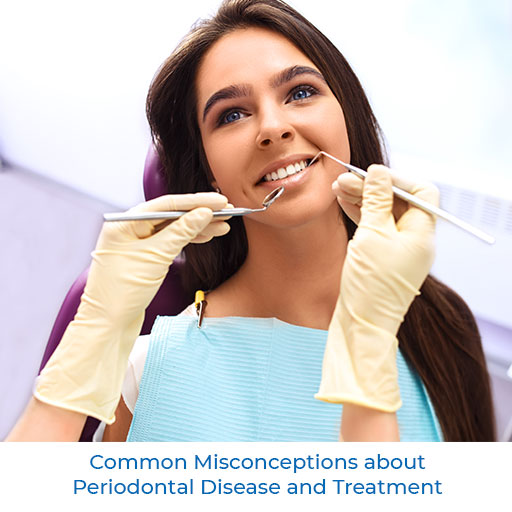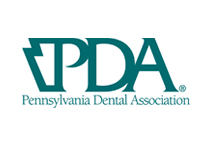
The health of your mouth and gums can have a significant impact on your overall health and well-being. Periodontal disease, also known as gum disease, is a common condition that affects millions of people worldwide. In this article, we’ll take a closer look at the link between periodontal disease and overall health, and how this condition can affect other areas of your body.
What is Periodontal Disease?
Periodontal disease is a condition that affects the tissues that support and surround your teeth. It is caused by the bacteria that live in the plaque and tartar that build up on your teeth, leading to inflammation and, if left untreated, tooth loss. Symptoms of periodontal disease can include red, swollen gums, bleeding gums, receding gums, bad breath, loose teeth, and pain or discomfort when chewing.
The Link Between Periodontal Disease and Overall Health
Research has shown that there is a strong link between periodontal disease and overall health. When left untreated, the bacteria that cause periodontal disease can enter the bloodstream and travel to other areas of the body, potentially causing serious health problems.
Here are some of the health issues that have been linked to periodontal disease:
- Cardiovascular Disease: Studies have shown that people with periodontal disease are more likely to have heart disease or suffer from a stroke. The bacteria that cause periodontal disease can enter the bloodstream and cause inflammation throughout the body, which can increase the risk of cardiovascular disease.
- Diabetes: People with diabetes are more likely to develop periodontal disease, and periodontal disease can make it more difficult to control blood sugar levels. This is because periodontal disease can cause inflammation that can affect insulin sensitivity, making it harder to manage diabetes.
- Respiratory Infections: The bacteria that cause periodontal disease can also be inhaled into the lungs, potentially leading to respiratory infections like pneumonia.
- Pregnancy Complications: Pregnant women with periodontal disease may be at an increased risk of premature birth or low birth weight babies.
Treatment and Prevention of Periodontal Disease
The best way to prevent periodontal disease and its potential health complications is through good oral hygiene practices. This includes brushing your teeth twice a day, flossing daily, and visiting your dentist regularly for cleanings and checkups.
If you have periodontal disease, your dentist or periodontist may recommend treatments such as scaling and root planing, antibiotics, or surgery in more severe cases. In addition to these treatments, managing any underlying health conditions like diabetes can also help improve periodontal disease and prevent its associated health risks.
In conclusion, the link between periodontal disease and overall health is clear. By taking steps to prevent and treat periodontal disease, you can improve your oral health and lower your risk of serious health problems. If you are experiencing symptoms of periodontal disease or have concerns about your oral health, talk to your dentist or periodontist for guidance on how to maintain healthy gums and teeth for life.
We hope you have received all the necessary information; for additional information, please visit our blog section or call us at (267) 908-4867.









